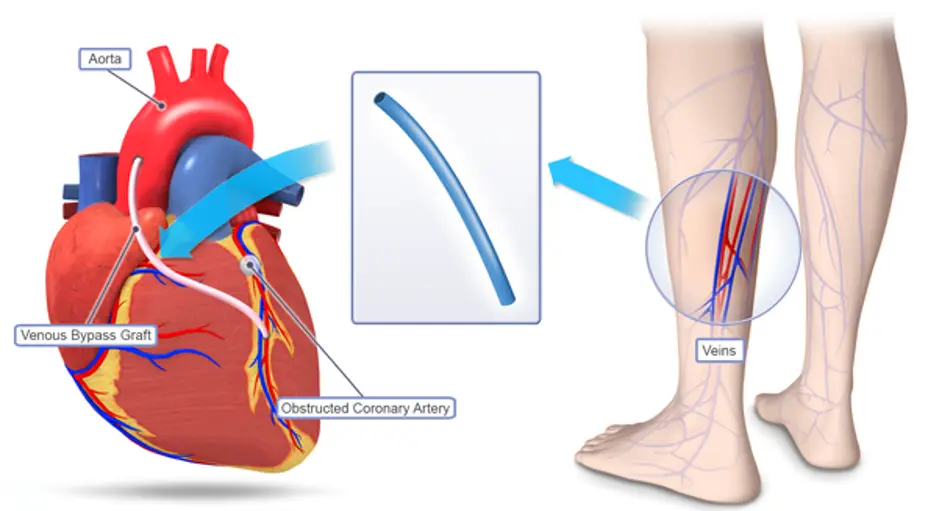- 16
- 36
- 42
- 7
- 4
- 4
- 6
- 113
- 27

Coronary Bypass Surgery (CABG), also known as heart bypass surgery, is a proven treatment for blocked or narrowed coronary arteries. Coronary artery disease (CAD) often causes these blockages, which can limit blood flow to the heart.
In this procedure, surgeons use a healthy blood vessel—usually from the chest, arm, or leg—to create a new pathway around the blocked artery. This allows oxygen-rich blood to reach the heart muscle. Depending on the number of blockages, patients may receive a single, double, triple, or quadruple bypass.
Coronary Bypass Surgery relieves chest pain (angina), lowers the risk of heart attack, and improves overall heart function. Patients usually spend several days in the hospital and then begin cardiac rehabilitation. Rehab helps strengthen the heart, improve recovery, and support long-term health.
As one of the most common and effective heart surgeries, CABG provides lasting benefits and better quality of life for patients with severe coronary artery disease.